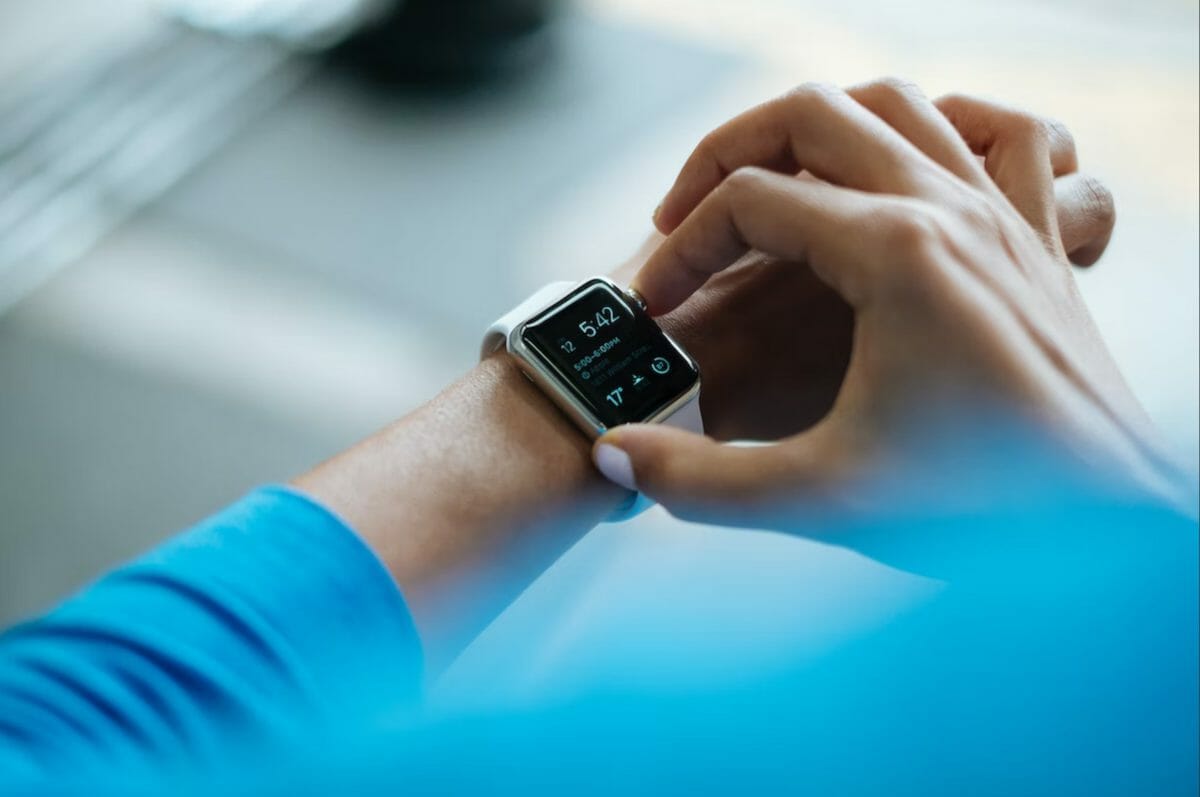The state of mental health in the United States is very concerning.
According to the 2022 Adult Prevalence of Mental Illness (AMI) report, almost 20% of US adults are experiencing mental illness, which is equivalent to around 50 million Americans. Of these 50 million people, almost 5% are experiencing severe mental health problems. The conditions in some states like Alaska, Alabama, Utah, Oregon, Wyoming, and Colorado are far worse than in other states.
Statistics also show that between June 29 and July 11, 2022, 23.2% of US adults reported depressive disorder symptoms, which is an alarming rate for the US. The country is already one of the most depressed nations in the world (according to the WHO). It can’t afford to let this situation prevail.
How the US Is Combating Mental Illness
The United States is taking strides toward better mental health care and support.
Mental illness is a complex issue, but it’s also one that can be treated successfully with the right support. The US government has taken steps to improve access to care and treatment for those who suffer from mental health conditions.
Federal funding is one of the ways the US is trying to improve the mental health programs in the country. This money goes towards research into how genes affect mental illness and how it can be treated. It also pays for programs that educate people about mental illness and how they can seek help if they or someone they know needs it.
The Affordable Care Act has helped provide coverage for more than 20 million Americans who did not previously have health insurance. This includes those with pre-existing conditions like depression or anxiety—a population that may have been especially vulnerable before Obamacare became law.
Under the Biden administration, the Bipartisan Safer Communities Act is investing $1 billion in mental health support programs for schools for the next five years. Millions of dollars are also being invested in mental health and drug abuse awareness programs.
However, funding alone isn’t enough to tackle the mental health crisis. So, the US is also investing in technology that can make mental health care more accessible, affordable, and efficient.
How Wearable Technology Is Impacting Mental Health Care
In today’s age of technology, it’s not surprising that wearable technology is becoming an increasingly common part of mental health care.
Wearable technology can be used to monitor a person’s heart rate, blood pressure, and other vital signs. This data can be used to help determine whether or not a person is experiencing stress or anxiety. For example, if a patient’s heart rate increases during a therapy session with their counselor or therapist, the therapist knows that there may be some emotional tension in the patient’s life that needs to be addressed.
The wearables can then transfer the data to the patient’s personal behavioral health EHR at their designated clinic. The EHR system makes it easier for doctors, and therapists to keep track of their patient’s conditions, as well as manage appointments and billing.
In addition to monitoring vital signs, wearable technology can also be used for more research-based purposes. For example, a patient has been diagnosed with bipolar disorder and they are taking medication for this condition. However, they still experience periods of depression throughout the year. So, their doctor might recommend they wear a device on their wrist at all times that measure their sleep patterns and sends this information back to the doctor over time. That way, the doctor can see how things are going overall and proceed with the treatment accordingly.
Wearable technology is also being used as part of treatment plans for patients suffering from obsessive-compulsive disorder (OCD), post-traumatic stress disorder (PTSD), schizophrenia, anxiety disorders such as panic attacks, etc.
Limitations of Wearable Devices
Wearable devices are becoming increasingly popular as a way to monitor and track physical activity, but they have also been used to track mental health. While these devices have the potential to help individuals monitor their mental health, they have some limitations that may affect their effectiveness as a tool for the self-management of mental illness.
One limitation of wearable devices is that they do not accurately measure indicators of mental illness. According to a study published in the Journal of Clinical Psychiatry, these devices often fail to detect changes in heart rate, blood pressure, and other physical measures associated with depression or anxiety disorders. This means that people who are using these devices may not be able to rely on them to accurately track their mental health status over time.
Of course, this will vary from device to device and manufacturer to manufacturer. So, it’s hard to say which devices will provide accurate data and which won’t.
Another limitation is that wearables require users to remember to use them regularly for data from those measurements to be collected and stored by the device itself. If someone does not remember to wear their device every day for several months at a time (as is often required for accurate data collection), it can become difficult for them to use this information later on. Thus, the doctors or therapists have very limited understanding of their patients in this way.
Can Wearable Technology Become the Future of Mental Health Care?
Wearable technology can become the future of mental health care and healthcare in general. At least patient monitoring and data retrieval is made much easier through this technology. However, to become the future of healthcare practices, the sector must first overcome its limitations (the ones we have already discussed earlier). Once that’s taken care of, wearables are sure to become mainstream healthcare tech.
